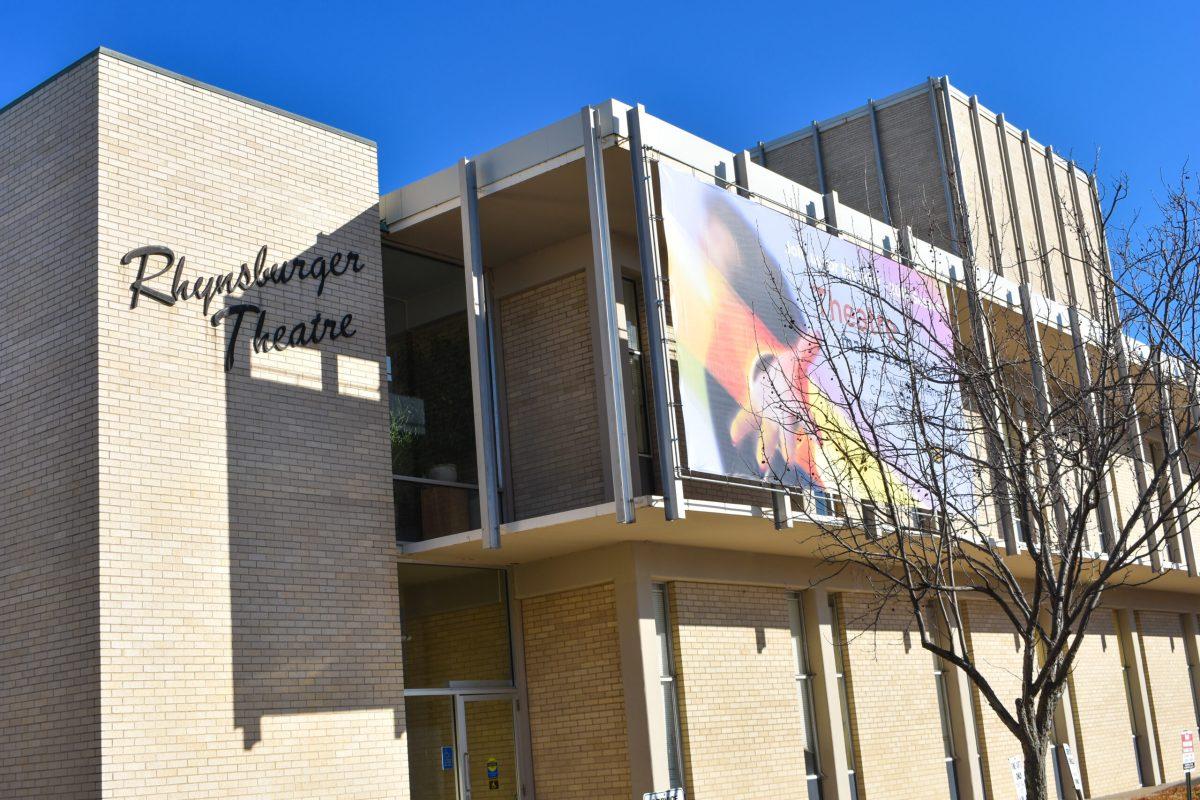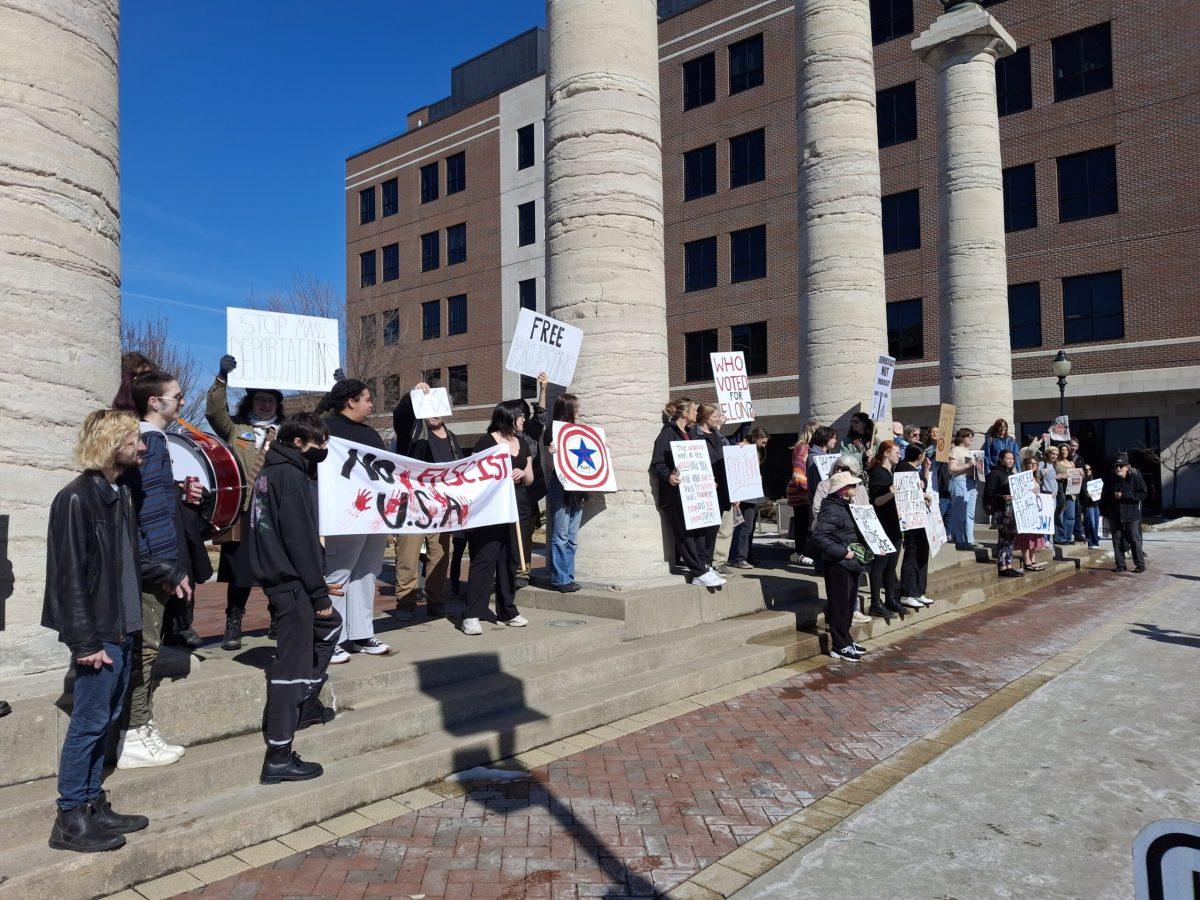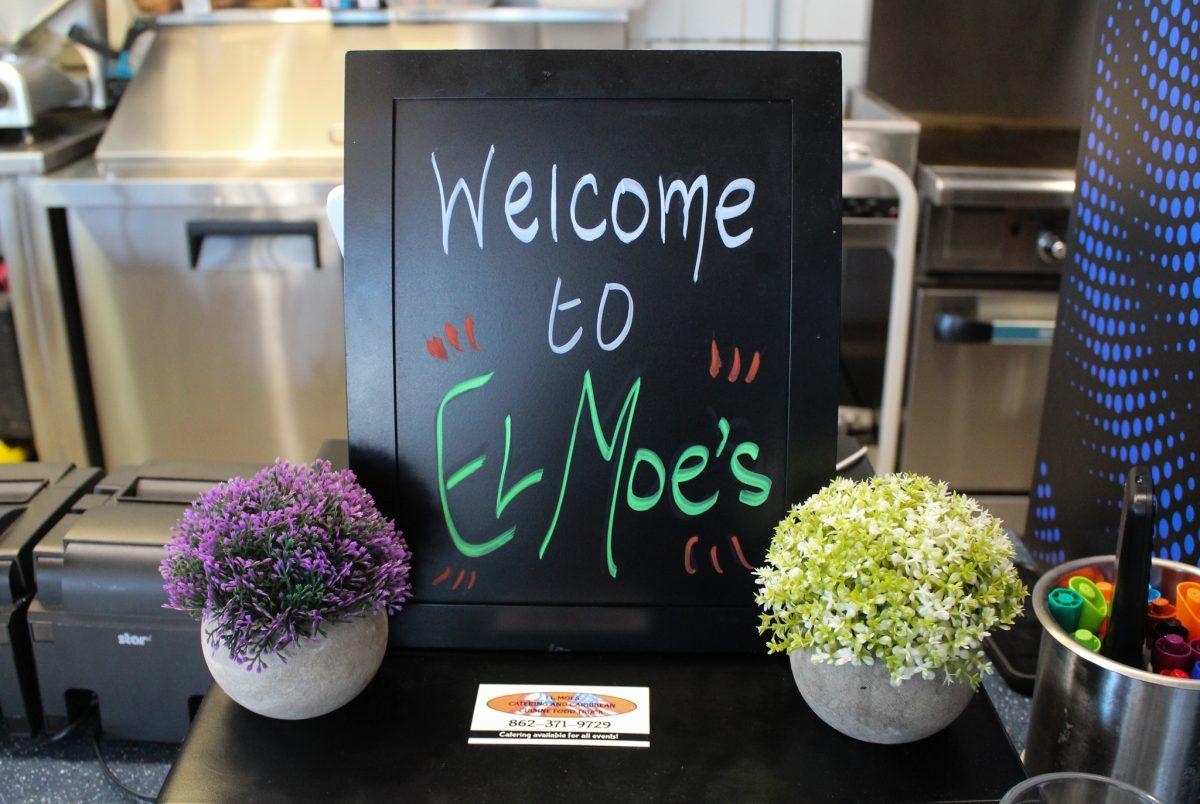Between 1912 and 1914, three women in Great Britain drowned in their bathtubs. It first seemed like a coincidence, until authorities realized that all three women had been married to the same man, George Joseph Smith. In one of the earliest forensic court cases, it was discovered that Smith had murdered three of his wives for their life insurance. His murder victims became known as the “Brides in the Bath.”
Now, the MU theater department is bringing the dark and scandalous tale to life in its production of _The Drowning Girls_, which runs from March 14-18.
_The Drowning Girls_ is a dramatic retelling of Smith’s trial from the point of view of his three late wives. By giving the power of the narrative to Smith’s victims, the women regain control over their story and are provided a space to discuss the violence they’ve encountered.
The play will be followed by a talk-back session that will allow the audience to be included in a discussion on gender and power-based violence. The talk backs will include a panel of representatives from the Relationship and Sexual Violence Prevention Center, the Counseling Center and the Office for Civil Rights & Title IX. The panel will also include Heather Carver, chair of the theater department and co-founder of the Troubling Violence Performance Project, and English Ph.D. student Trisha Henderson-Brown.
“These are people who have both expertise in the subject area and experience in this kind of community education,” Director Sarah Senff said. “I really want to hear from the audience what the play brought up for them, what they believe is the same and what has changed since the time that the play is talking about and what is it in culture that still leaves women inclusively considered vulnerable to power-based violence.”
_The Drowning Girls_ was chosen for the theater department’s 2017-18 season last spring, months before the #MeToo movement and national conversation about sexual violence started. Now, the show’s message is more relevant than ever.
“I think the fact that we’re in the midst of a national conversation about gendered violence and the fact that it’s Women’s History Month make it a little more present than it would be otherwise,” Senff said. “I suspect that the audience will bring bits of that into their experience of the show.”
Senff stressed the importance of staging the show and monitoring the discussion so that it wouldn’t be triggering for the actors or audience members with personal histories of domestic violence.
“I find it really empowering to both provide support to people who are dealing with that and to those who want to better understand how to be supportive bystanders, but you want to be able to have a conversation about these issues without really triggering any histories,” Senff said.
Senff is doing this for her cast by incorporating body-based acting exercises rather than emotion-based ones. She’s also included different self-care practices in rehearsals such as stretching, guided breathing and mindfulness.
Additionally, after each show, the actors have a chance to “derole.” They state out loud that they are not their character and that they are themselves. This allows the actors to detach from the characters and engage in the discussion.
Senff hopes these measures will help both the cast of the show and the audience members ease into the discussion.
“We’ve gotten a little bit better at talking about sexual assault, partially because of what’s happening nationally,” Senff said. “But we still really don’t know how to talk about domestic and intimate partner violence. They’re both kinds of power-based personal violence, so they’re connected but not the same.”
Senff wants the audience to reflect upon the ways women have become more independent yet differently vulnerable with time. Women have become less financially dependent and therefore are less likely to overlook warning signs in relationships. However, new technology has made people vulnerable to harassment and stalking in new venues, Senff said.
“We need to learn to navigate that,” Senff said. “I think it’s important to talk about the ways culture is making us vulnerable and not let the conversation shift to actions of individuals, which can quickly turn to victim blaming.”
_Edited by Brooke Collier | [email protected]_













